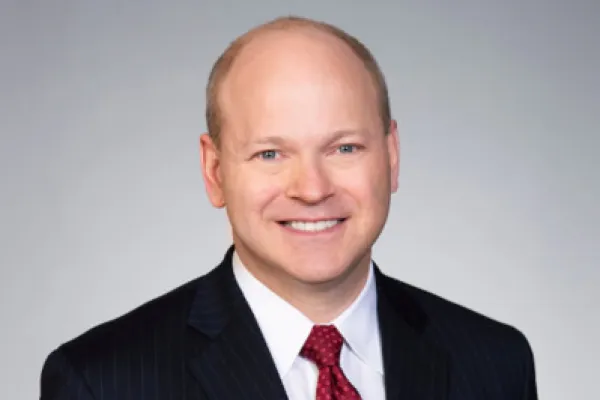Investors can’t argue with zero.
Parplus Partners, which runs a volatility strategy designed to protect investors in down markets, will never charge a management fee, its founder insists. Instead, the hedge fund, the Parplus Equity Fund, only gets paid a performance fee when it beats the Standard & Poor’s 500 stock index.
“Eat what you kill. That’s what I’ve been doing for 34 years,” said James Carney, founder and CEO of Parplus.
Parplus got its start in 2017 and started taking in outside capital in the summer of 2019. For Parplus, which has about $500 million in assets, a management fee would have amounted to about $6.4 million last year, assuming it charged 1.27 percent, the average North American hedge fund management fee in 2019, according to Eurekahedge.
Carney, a former proprietary trader who led the volatility team for Royal Bank of Canada, said he’s confident that his model will work, particularly given the sheer size of the opportunity in volatility trading for asset managers like Parplus since the banks have left the market in the past decade.
“Most of my career I’ve been a proprietary trader and I’ve only been paid for what I make,” said Carney. He argued that there is no reason hedge fund managers should operate any differently.
Parplus might not be bringing in any revenue from management fees, but performance fees — when the firm can charge them — should make up for that. Parplus takes one-third of profits, far higher than the average performance fee of 15 percent. It levies these fees only on gains above the benchmark.
Carney declined to say how the fund performed last year, except to say that it beat the S&P 500 in 2019. That's not bad in a year when the SPDR S&P 500 ETF Trust gained 31.22 percent.
For years, hedge funds have been under pressure to lower their fees, in part because their strategies have been underperforming simpler investments during the long bull market. Last year, global hedge fund management and performance fees fell to new lows.
Parplus is employing its novel fee strategy at a time when even traditional asset managers are considering new models. Westwood, a traditional active manager that recently started offering investors a number of different fee options, argues that the problem for active management is not high fees, but rather that they charge investors during inevitable periods of underperformance.
[II Deep Dive: Hedge Fund Fees Plummeted Further in 2019]
Carney’s strategy for Parplus is to invest in S&P 500 index positions, with a portion of the fund’s portfolio set aside for volatility trading through VIX options and VIX ETFs.
Parplus chose the S&P 500 as the fund’s hurdle as a way to be completely transparent to investors and make it easy for them to judge whether the fund’s strategy has succeeded in any particular year.
“I wanted to be a clear alternative to indexing,” said Carney, adding, “Investors don’t want to pay for beta.”
The fund shines in downturns, such as the fourth quarter of 2018, Carney said. For a volatility trader like Parplus, that could mean a long period without management fees.
“In a year like 2019, there aren’t as many opportunities in vol. You have to be patient,” Carney said. “But when there is turmoil, things change.”







